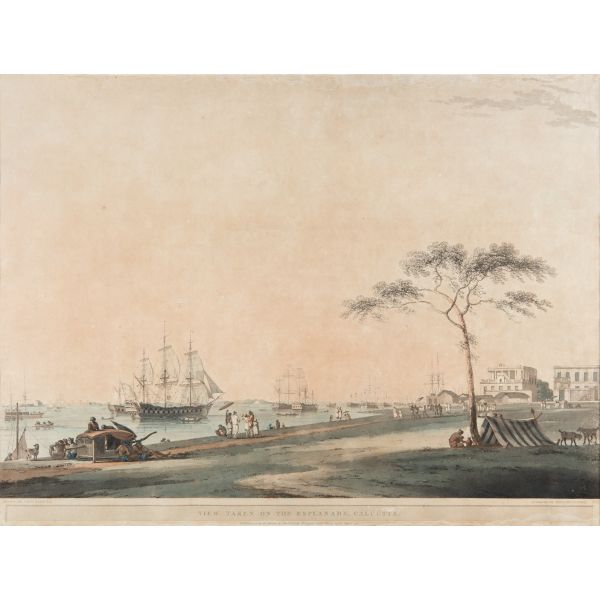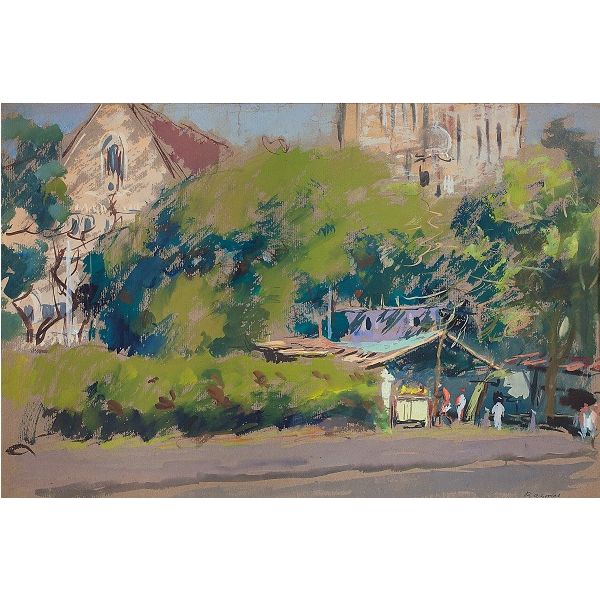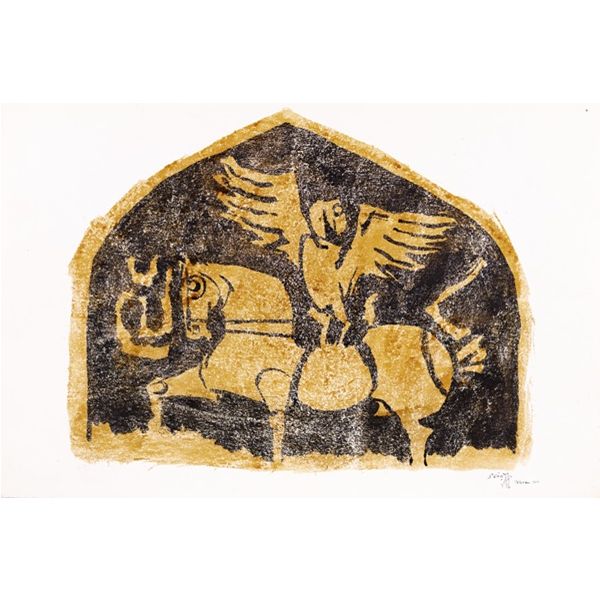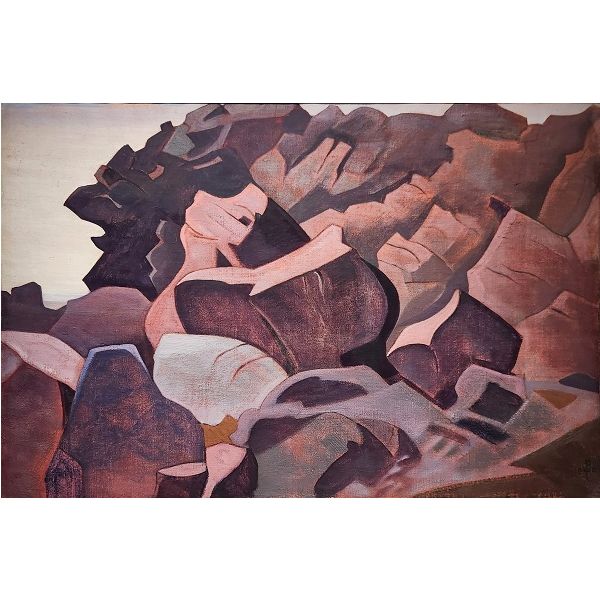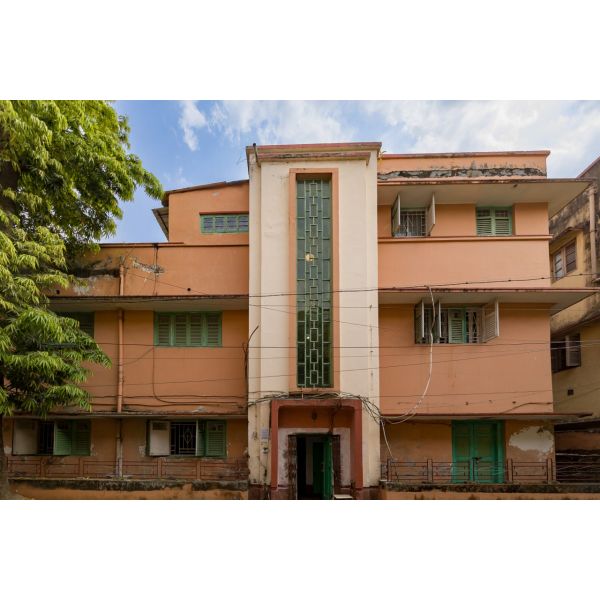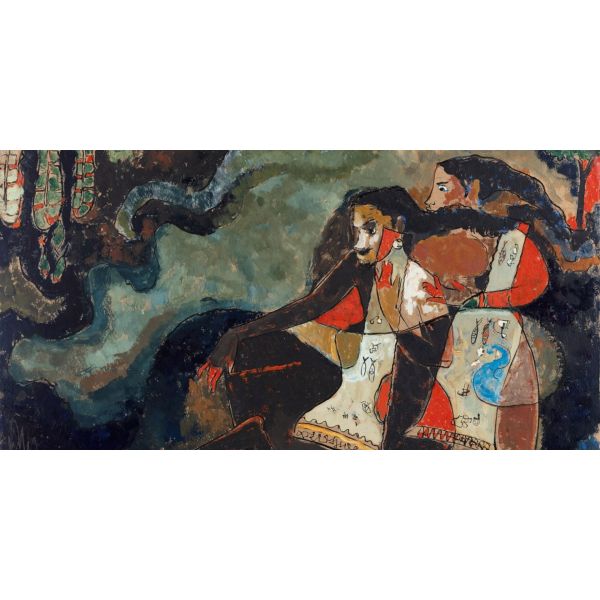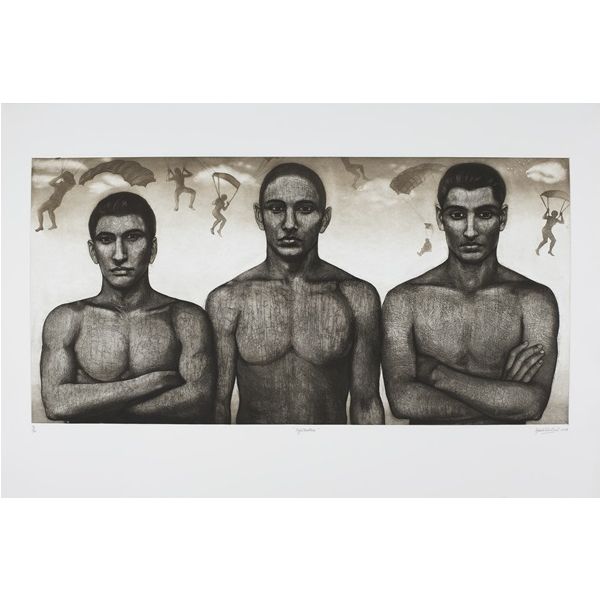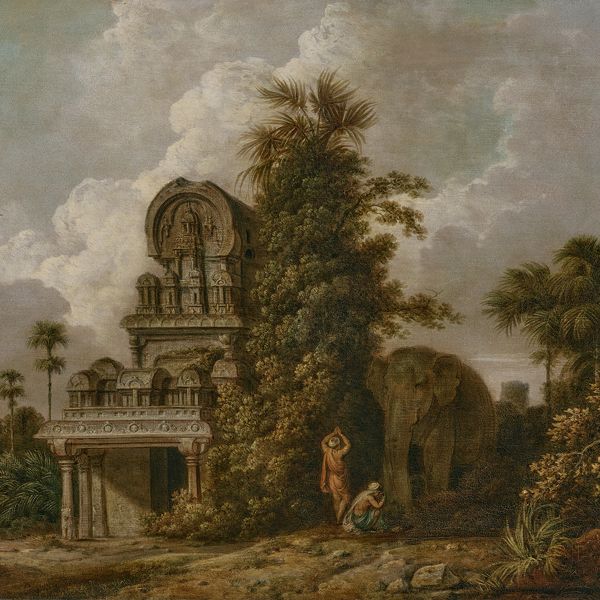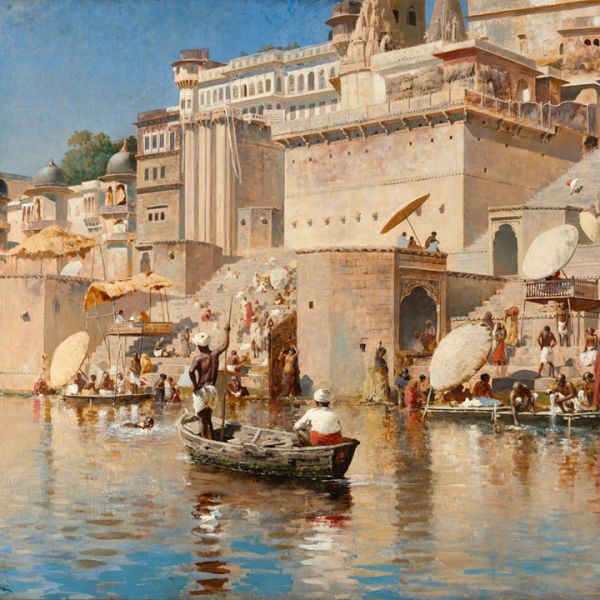Search results for: 'Manifestations VII: 75 Artists; 20th Century Indian Art'
-
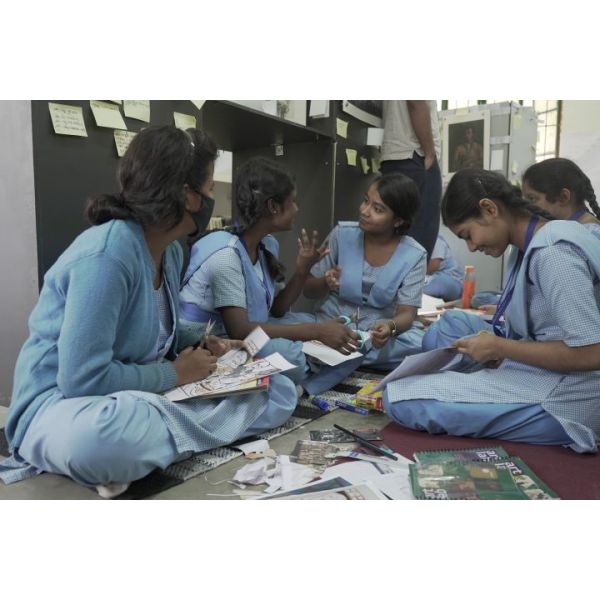 JournalArt Lab: Transforming Classrooms into Museums$0.00
JournalArt Lab: Transforming Classrooms into Museums$0.00Art Lab by DAG’s Museums Programme is a pop-up art exhibition of facsimiles of works from the DAG Museum Collection that travels to schools and introduces students to modes of visual learning. After two successful iterations in CBSE and ICSE schools in Kolkata, Art Lab travelled to its first Bengali medium West Bengal Board school—Barisha Janakalyan Vidyapith for Girls. Through three days of workshops spread across two weeks, the students interacted with the artworks, learnt the basics of research, delved into historical material, and developed their own creative projects. Take a peek at some of the wonderful projects they curated as they took over the exhibition and made it their own.
Learn More -
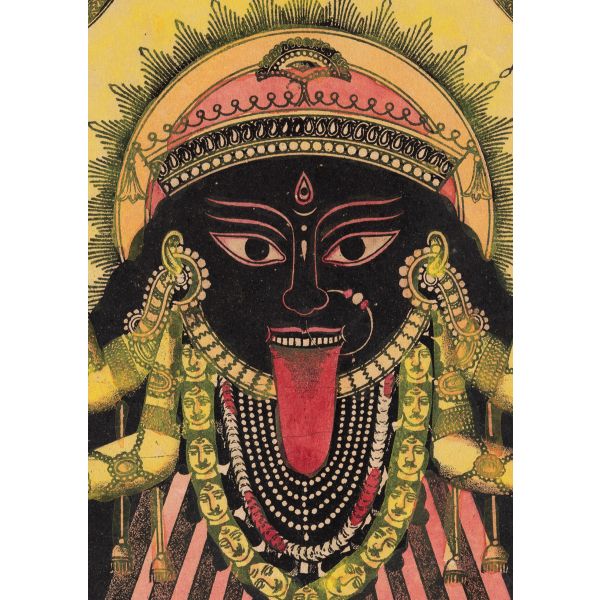
-
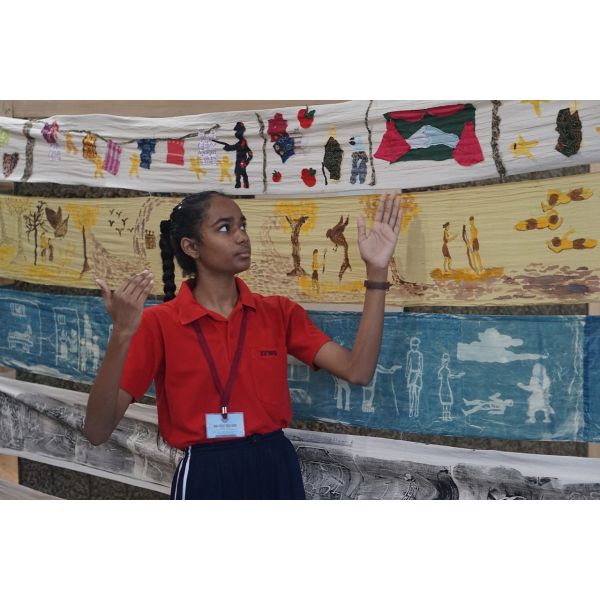 JournalFabric of Freedom: The struggle for independence through art$0.00
JournalFabric of Freedom: The struggle for independence through art$0.00To celebrate Independence Day a little differently, we worked with students of Indus Valley World School to create an exhibition using the artworks from the DAG collection.
Learn More -
